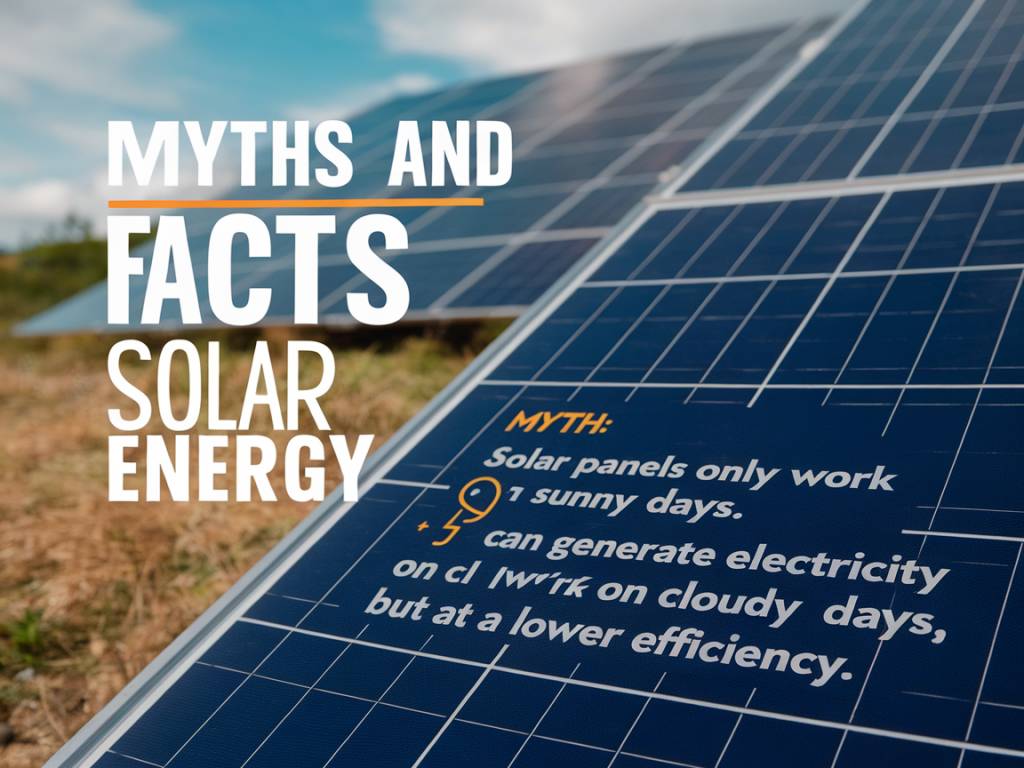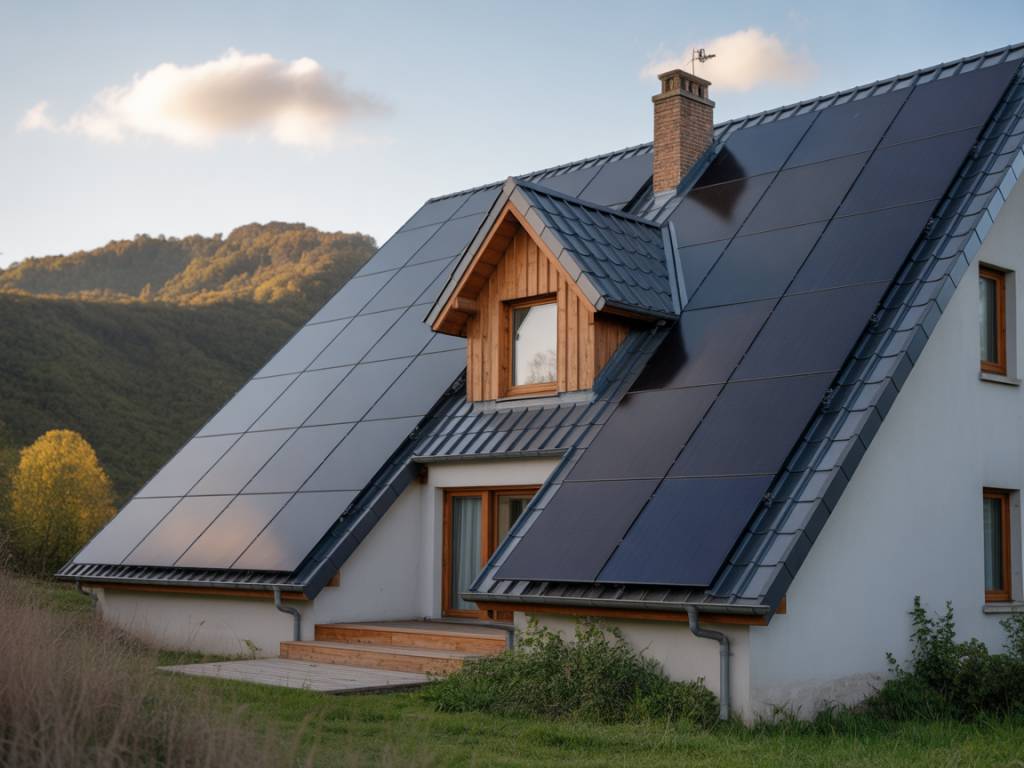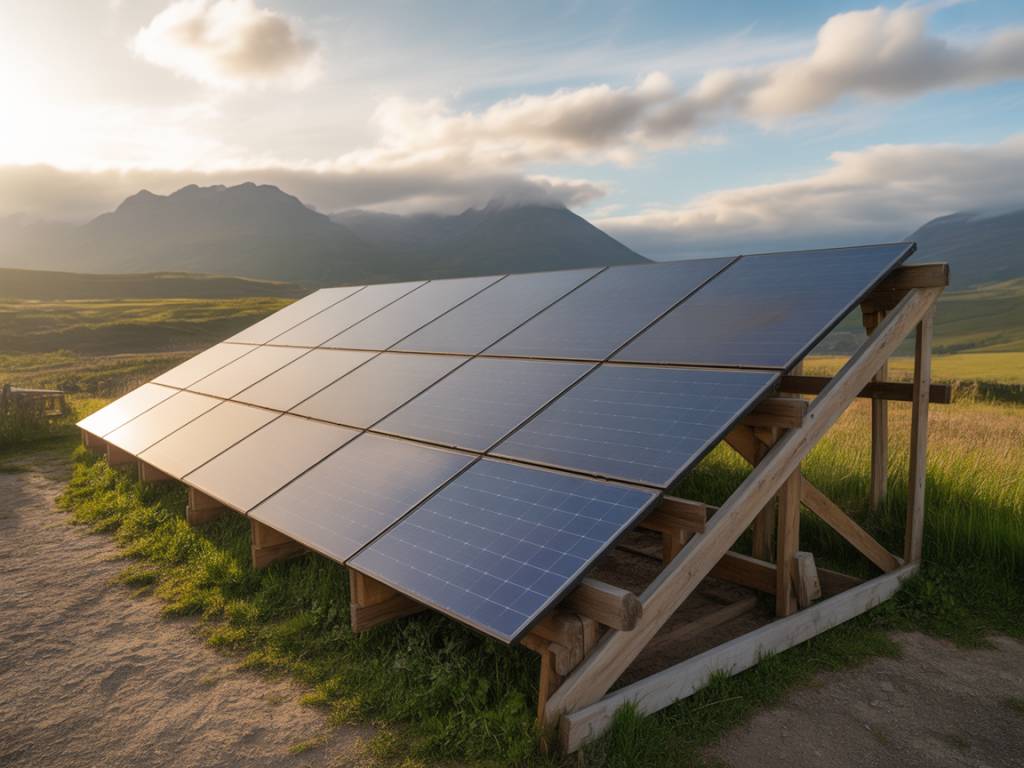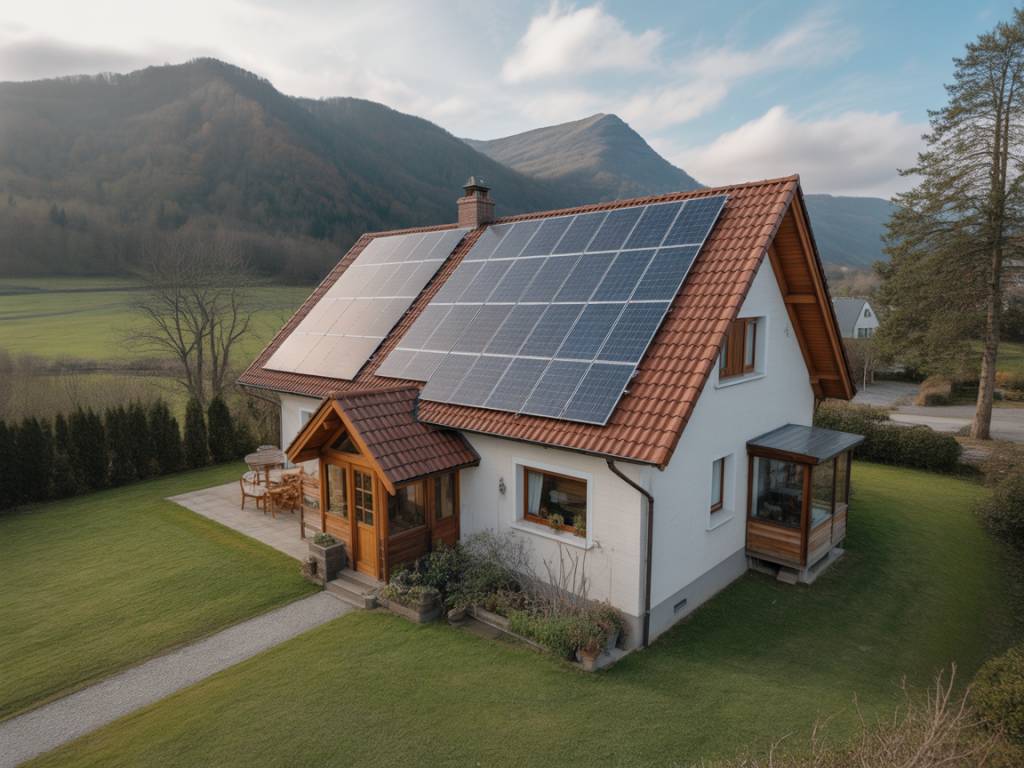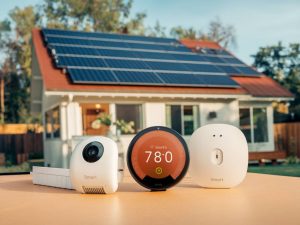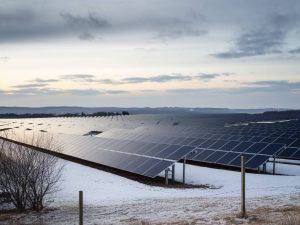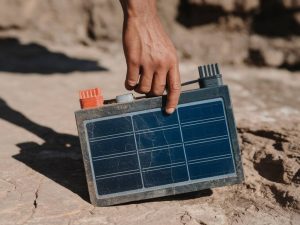Myths and facts about solar energy
Introduction to Solar Energy: Understanding the Myths and Facts
In recent years, solar energy has gained immense popularity as a clean and renewable source of energy. However, despite its growing acceptance, several myths surrounding solar energy persist. This article aims to dispel these myths and provide factual information to help readers make informed decisions about solar energy systems.
Myth: Solar Panels Are Too Expensive
One of the most pervasive myths about solar energy is that solar panels are prohibitively expensive. While it is true that the initial investment can be significant, the overall cost of solar panels has decreased dramatically over the past decade. Advances in technology, increased manufacturing efficiency, and governmental incentives have all contributed to making solar panels more affordable than ever before.
Several financing options, such as loans, leasing programs, and power purchase agreements (PPAs), are available to reduce the upfront costs. Additionally, the long-term savings on electricity bills often offset the initial investment, making solar panels a financially sensible choice for many households and businesses.
Fact: Solar Energy Can Save Money Over Time
Switching to solar energy can result in significant savings on electricity bills. When a solar panel system generates electricity, it reduces the need for grid-supplied power. Excess electricity generated can often be sent back to the grid, providing credits or payments to the system owner.
Moreover, many regions offer incentives such as tax credits, rebates, and grants to further enhance the financial appeal of solar energy systems. These benefits, combined with the decreasing cost of solar panels, contribute to substantial long-term savings for solar energy adopters.
Myth: Solar Panels Do Not Work in Cloudy or Cold Climates
A common misconception is that solar panels are ineffective in cloudy or cold climates. In reality, solar panels rely on sunlight, not heat, to generate electricity. They can produce electricity even on cloudy days, albeit at a reduced rate compared to sunny conditions.
Moreover, solar panels are actually more efficient in cooler temperatures. Extreme heat can diminish the efficiency of photovoltaic cells, so colder climates can potentially benefit from higher electrical output. Countries with varying weather conditions, such as Germany and the United Kingdom, have successfully implemented solar energy solutions despite their unpredictable climates.
Fact: Solar Energy Reduces Carbon Footprint
Solar energy is a clean and renewable source of power, meaning it does not emit greenhouse gases during electricity generation. By switching to solar energy, users can significantly reduce their carbon footprint and contribute to global efforts to combat climate change.
Traditional fossil fuel-based energy sources, such as coal and natural gas, release significant amounts of carbon dioxide and other pollutants into the atmosphere. Solar energy systems, on the other hand, harness the sun’s energy without producing harmful emissions, promoting environmental sustainability.
Myth: Solar Panels Require Excessive Maintenance
Another myth about solar energy is that solar panels require frequent and costly maintenance. In truth, solar panels are designed to be durable and low-maintenance. Once installed, they typically require minimal upkeep to function efficiently.
Routine maintenance involves removing debris, cleaning the panels to ensure they are free from dirt and grime, and occasionally checking the system’s components. Most manufacturers offer warranties for up to 25 years, providing peace of mind to solar energy adopters regarding the longevity and reliability of their investment.
Fact: Solar Panels Have a Long Lifespan
Solar panels are built to last, with most systems boasting a lifespan of 25 to 30 years or more. After this period, solar panels continue to produce electricity, albeit at a reduced efficiency. The degradation rate is typically slow, ensuring that solar panels remain a viable energy source for several decades.
Innovations in solar technology continue to enhance the durability and efficiency of solar panels, suggesting that future systems may have even longer lifespans. Investing in solar energy not only provides immediate benefits but also ensures a lasting contribution to sustainable energy practices.
Myth: Solar Energy Is Unreliable
Some individuals believe that solar energy is unreliable due to its dependence on sunlight. While it is true that solar panels generate electricity only when the sun is shining, modern solar energy systems are often equipped with battery storage solutions.
Battery storage allows excess electricity generated during sunny periods to be stored and used during times of low sunlight, such as at night or on cloudy days. This capability ensures a continuous and reliable power supply, enhancing the dependability of solar energy systems.
Fact: Solar Energy Stimulates Job Creation
The growth of the solar energy industry has led to the creation of numerous jobs across various sectors, including manufacturing, installation, maintenance, and research and development. As the demand for solar energy continues to rise, so does the need for skilled professionals to support the industry.
Solar energy projects also stimulate local economies by providing employment opportunities and fostering community development. Investing in solar energy contributes to sustainable economic growth while promoting the adoption of renewable energy sources.
Myth: Solar Panels Reduce Property Value
Contrary to the belief that solar panels may negatively impact property value, studies have shown that homes equipped with solar energy systems can actually see an increase in value. Potential buyers often view solar panels as an attractive feature due to the long-term savings on energy bills and the commitment to sustainable living.
In many cases, properties with solar energy systems sell faster and at higher prices compared to non-solar homes. The added value of energy independence and environmental responsibility can be significant factors in enhancing property appeal.
Fact: Solar Energy Is Versatile
Solar energy systems are highly versatile, suitable for a wide range of applications beyond residential use. Commercial buildings, agricultural operations, and remote areas can all benefit from solar energy solutions.
Innovations in solar technology, such as solar-powered water heaters, solar lighting, and portable solar chargers, demonstrate the adaptability and utility of solar energy in various contexts. The expanding scope of solar applications underscores its potential to transform how energy is generated and consumed across different sectors.
Conclusion
Understanding the myths and facts about solar energy is crucial for making informed decisions about adopting this renewable energy source. As technology advances and awareness grows, the benefits of solar energy become increasingly apparent. By dispelling misconceptions and providing accurate information, we can pave the way for a more sustainable and energy-efficient future.
